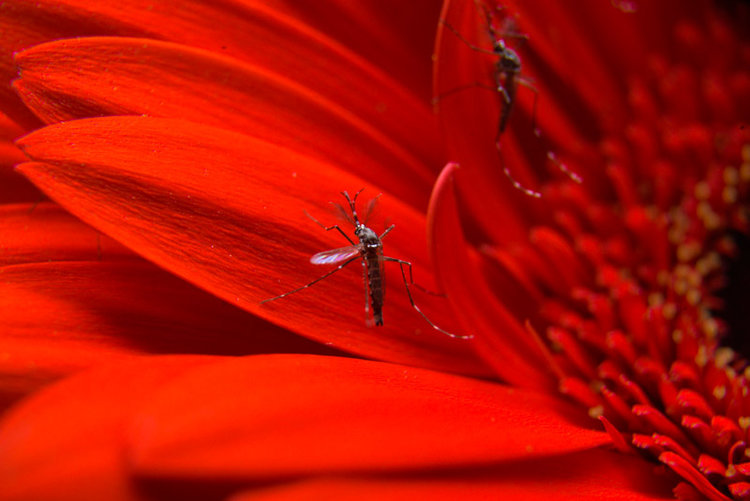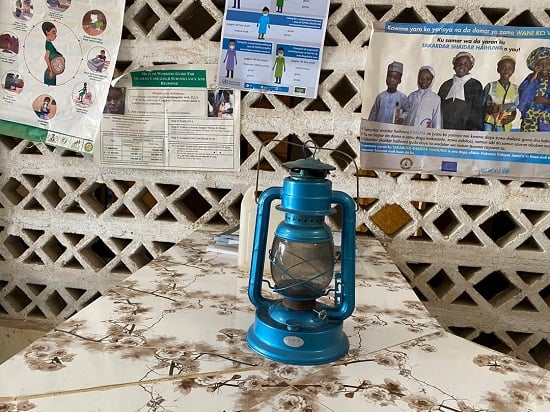Inauguração da Fábrica da Oxitec no Brasil.A Oxitec é uma empresa pioneira no controle de insetos transmissores de doenças e causadores de danos nas culturas agrícolas criada em 2002 como “spin-out” da Universidade de Oxford (Inglaterra). Na Foto mosquito Aedes aegypti OX 513A. Campinas/SP. 29 de julho de 2014. Foto: Alexandre Carvalho
Local authorities have approved the release of over 750 million genetically modified mosquitoes into Florida Keys, a string of tropical islands in the US, beginning in 2021.
The plan to release the mosquitoes followed the outbreak of dengue fever in 2009 and 2010 in Florida Keys.
The project is designed to test if a genetically modified mosquito is a viable alternative to spraying insecticides to control aedes aegypti, a specie of mosquito that carries several deadly diseases including zikka, dengue, chikungunya and yellow fever.
The modified mosquito, named OX5034, is developed by Oxitec, a US-owned company based in Britain.
Advertisement
The OX5034 was altered to produce female offspring that die in the larval stage, before it can hatch and grow large enough to bite and spread disease.
The male specie was programmed to kill only female mosquitoes, with males surviving for multiple generations and passing along the modified genes to subsequent male offsprings.
The approval, which was granted by the Florida Keys Mosquito Control District (FKMCD), will also cover the release of the modified insects into Harris County, Texas, beginning in 2021.
Advertisement
The development, which had already won federal and state approval, has been criticised by residents and a coalition of environmental advocacy groups over concerns about the impact on human and environmental health.
The Environmental Protection Agency (EPA) requires Oxitec to notify state officials 72 hours before releasing the mosquitoes and conduct ongoing tests for at least 10 weeks to ensure none of the female mosquitoes reach adulthood.
“The FKMCD’s approval comes after the U.S. Environmental Protection Agency (EPA), U.S. Centers for Disease Control and Prevention (CDC), and seven government agencies in Florida approved an Experimental Use Permit (EUP), following an exhaustive regulatory assessment that included more than 70 scientific and technical documents, 4,500 pages of material, and 25 commissioned scientific studies,” a post on Oxitec’s website read.
“All found that Oxitec’s technology poses no risk to humans, animals or the environment, including endangered species. The U.S. EPA also opened a public comment period after which it provided direct, technical answers to each substantive question submitted.”
Advertisement







